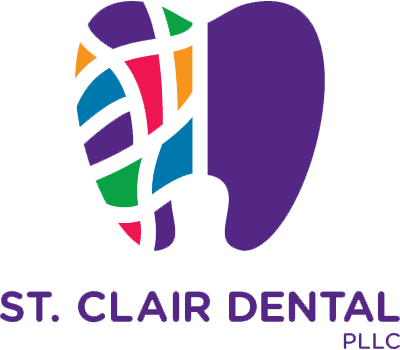Everyone is susceptible to oral injuries at some point in their lives, which can range from lesser harm to catastrophic trauma. A dental concussion is one of these injuries that affects young children often but can affect anybody. This happens when a tooth receives a significant hit but is not broken or knocked out. Although a dental concussion often doesn’t require immediate attention, it might cause temporary or permanent tooth discoloration. Knowing the signs of a dental concussion and what to do if you believe your kid may be suffering from one are critical.
What is a Dental Concussion?
Impact sports, accidents, or catastrophes usually bring on concussions in the mouth. A concussed tooth can still be detected in the mouth, even if it is sensitive to tapping or touching. While certain dental concussions may impact the color of the teeth, others might not be immediately noticeable. You could ask your dentist to run a pulp sensitivity test to determine whether a tooth has been concussed. A good result indicates a healthy pulp, whereas a bad result indicates a pulp that isn’t healing effectively. Recognizing a dental concussion and protecting teeth can help you maintain good oral health.
- Dental concussion: When the periodontal ligaments holding a tooth in place are damaged, a tooth concussion occurs. As a result, teeth could get discolored.
- Subluxation: This denotes a tooth that has the potential to move but has not done so. Biting or chewing typically causes gum bleeding and discomfort, as long as it is not tough.
- Extrusive luxation: This tooth’s ligament has separated somewhat, which has made it exceedingly movable and elongated.
- Lateral luxation: Both the jawbone holding the teeth and the periodontal ligament are broken.
- Intrusive luxation: Causes the alveolar bone to fracture when the tooth presses into the socket.
Traumatic events can cause dental injuries, including luxations and concussions. An incident when the tooth is still in its socket but the supporting structures are damaged known as a dental concussion. It could lead to pain, sensitivity, and restricted mobility. Luxation, conversely, refers to the partial or lateral displacement of the tooth from its socket. Teeth with luxation might vary in mobility, sensitivity, and bite alignment. A timely dental examination is crucial to determine the best course of action, which may entail repositioning, splinting, or root canal treatments to safeguard the health of the affected tooth.
Immediate dental assessment and care are necessary for treating dental concussions. Your dentist can determine the severity of the damage, look for fractures or displacement, and administer the necessary care. A soft diet is advised, the tooth may be stabilized, painkillers may be prescribed, and dental hygiene advice may be given. Follow-up appointments will be set to track the healing process and guarantee the damaged tooth’s long-term health.
Preventing Dental Luxation and Concussions
If you or your child has a dental concussion or another type of luxation, contact St. Clair Dental PLLC at (317) 773-KIDS(5437) for treatment. Our group of knowledgeable professionals is dedicated to enhancing the oral health of your family one smile at a time.

